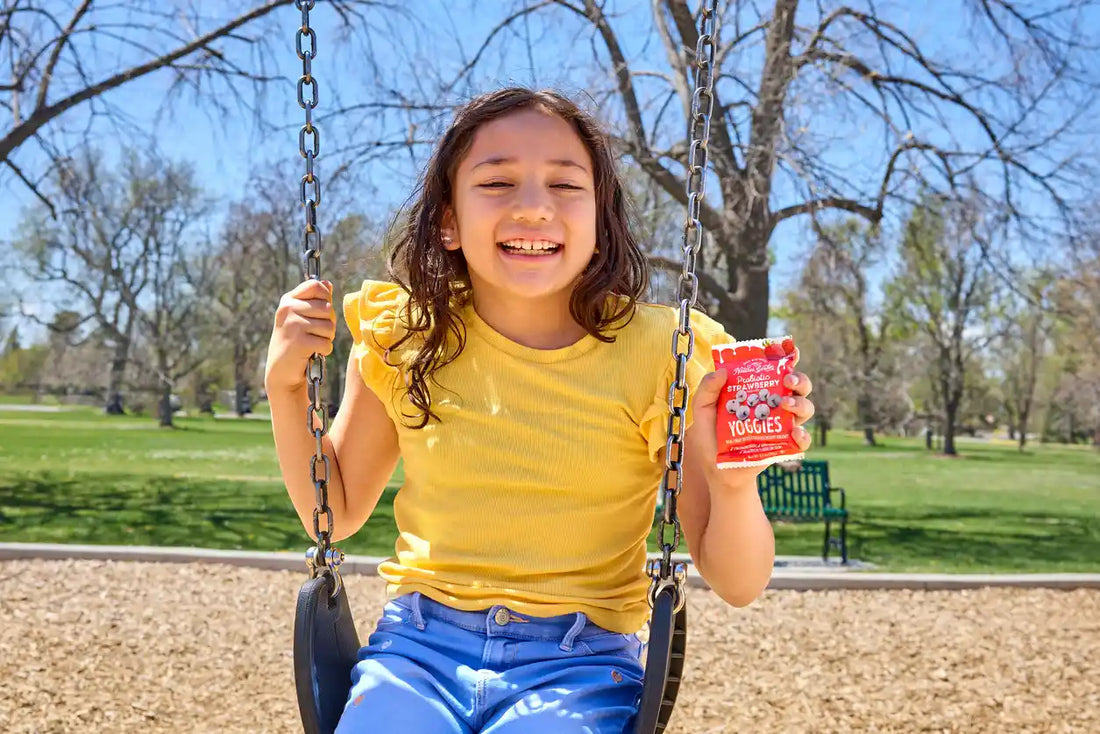Stress and anxiety are very relevant issues that we or someone we know struggle with. These are things that can affect our daily lives, as well as our long-term health, if they aren’t addressed.
The National Institute of Mental Health says that stress is, “the physical or mental response to an external cause, such as having a lot of homework or having an illness. A stressor may be a one-time or short-term occurrence, or it can happen repeatedly over a long time.” On the other hand, anxiety is, “your body’s reaction to stress and can occur even if there is no current threat. It generally is internal, meaning it’s a reaction to stress and usually involves a persistent feeling of apprehension or dread that doesn’t go away.” Stress and anxiety affect both our minds and bodies often shown through symptoms like:
- Excessive worrying and uneasiness.
- Tension and feelings of fear, anger, sadness, worry, or frustration.
- Changes in appetite, energy, desires, and interests.
- Headaches, body pain, stomach problem, or skin rashes.
- Raised blood pressure.
- Loss of sleep or nightmares.
- Worsening of chronic health problems.
It is important to recognize when you or a loved one might need more help. If you or someone you know is struggling to cope, or if the symptoms of stress and anxiety won’t go away, it may be time to consult a professional.
Managing Stress and Anxiety
While conventional treatments like therapy can be effective, holistic approaches to wellness can also offer complimentary strategies. Some holistic approaches that can be helpful in managing stress and anxiety are:
- Deep breathing exercises, meditation, and yoga: Meditation techniques can help reduce stress and anxiety by promoting relaxation and a sense of inner peace and connectedness. Deep breathing and yoga exercises can activate the body’s relaxation response and calm the nervous system, which reduces anxiety and promotes emotional well-being. Yoga practices also reduce stress hormones, improve mood, and increase overall resilience to stress.
- Regular exercise: Engaging in exercise regularly like walking, jogging, or swimming helps to actively reduce our stress and anxiety levels through the release of endorphins which are natural mood boosters. Exercise is also key to better sleep.
- Healthy diet: Actively eating a balanced diet of lean proteins, fruits, vegetables, whole grains, and healthy fats support our overall well-being. Avoiding products that have are high in sugar or caffeine, while also avoiding processed foods helps to stabilize energy levels and reduce anxiety.
- Quality sleep: Prioritizing getting enough sleeps and establishing a consistent sleep schedule with a. bedtime routine can promote restful sleep and enhance resilience to stress. Experts from the National Institutes of Health recommend that adults sleep between 7 and 9 hours a night.
- Taking breaks from the news and social media: The CDC says, “it’s good to be informed, but constant negative information can be upsetting. Consider limiting news to just a couple of times a day and disconnecting from devices like phones, TVs, and computer screens.
- Journaling: Keeping a journal or an outlet for thoughts, feelings, and experiences can provide a healthy outlet for processing emotions and gaining insight into sources of stress and anxiety.
What is Holistic Health?
St. Catherine’s University in St. Paul, Minnesota describes holistic health as, “an approach to wellness that simultaneously addresses the physical, mental, emotional, social, and spiritual components of health.” A holistic diet looks at an individual’s specific nutritional needs and is a quest for optimal health. Holistic health and nutrition emphasize the interconnectedness of various aspects of health and well-being. Some of the key contributors to holistic nutrition are:
- Whole foods: consuming whole, unprocessed foods that are as close to their natural state as possible, including fruits, vegetables, whole grains, lean proteins, and healthy fats.
- Nutrient density: Choosing foods for us that are rich in essential nutrients, vitamins, minerals, and phytochemicals to support overall health and vitality.
- Mindful eating: Encouraging mindful eating habits, such as paying attention to hunger and fullness cues, eating slowly, and ensuring proper digestion.
- Balance and moderation: Promoting a balanced diet that includes a variety of foods from all food groups, as well as moderation in portion sizes.
- Holistic lifestyle: Recognizing the importance of other lifestyle factors, such as sleep, physical activity, stress management, and emotional well-being.
With stress and anxiety being an ever present part of many lives, it’s important to ensure that we know how to look for these struggles and how to deal with them. Using holistic approaches to health has shown to be help in controlling and minimizing the effects of stress and anxiety. Whether it’s changes in diet or finding new ways to cope with anxiety and stress, there’s many solutions, and you can start by talking to your medical professional!
















